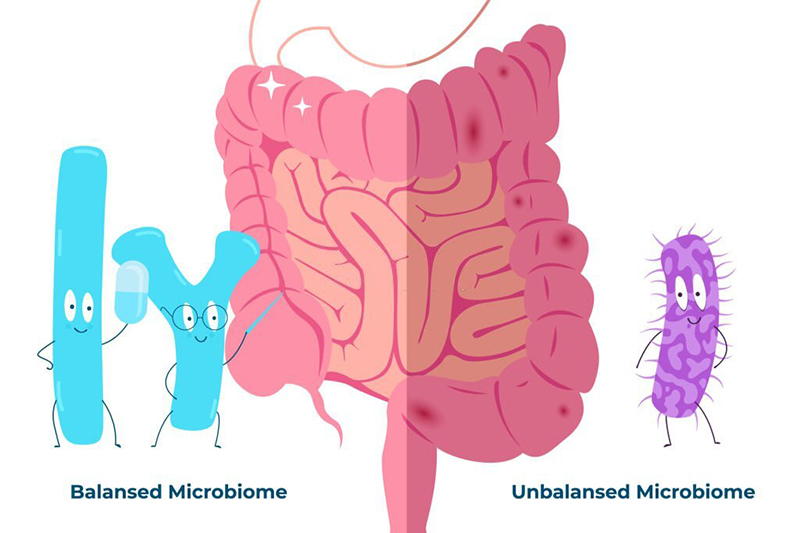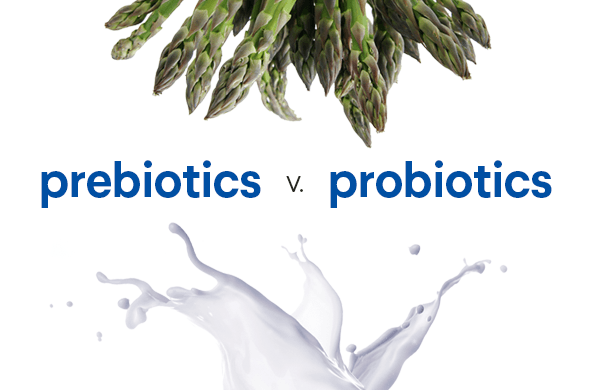The hype about probiotics is hard to miss, whether you’ve heard about their supposed benefits from a friend or seen the colorful commercials on social media. We understand if you’ve ever paused in a grocery store aisle and pondered, “Is this $35 bottle of vitamins really worth it?” probioticseverything.comprobiotic good for
Let’s be honest: the science underlying probiotics’ usefulness is all over the place. While there has been a lot of hopeful research, we’re still a long way from being able to say that probiotics are 100% effective for any of their common uses. probioticseverything.comprobiotic good for
It’s also worth noting that because probiotics are supplements, they aren’t subject to the same government regulations as pharmaceuticals. As a result, many businesses lack third-party testing and oversight, and they may make a variety of unsubstantiated health claims. probioticseverything.comprobiotic good for
We talked to various professionals and dug into the research to help you make sense of this perplexing subject. Continue reading to see if probiotics are worth the hype.
The Basics of Probiotics
Live bacteria found in fermented foods and supplements are known as probiotics. They’re identical to the beneficial bacteria found in your body.
Taking probiotics makes sense since eating more good bacteria helps maintain your microbiome balanced, which supports a variety of bodily functions, including digestion and immunological function. probioticseverything.comprobiotic good for
A healthy microbiome contains a balance of good and bad bacteria, and when that balance is disrupted, a number of things can go wrong.
“Our guts are home to a trillion or more bacteria.” Bacterial overgrowth is caused by anything that affects the motility and rhythmic cleansing of our GI tract, according to Lisa Ganjhu, a gastroenterologist and clinical associate professor of medicine at NYU Langone Health. probioticseverything.comprobiotic good for
Antibiotics and probiotics
Antibiotic usage is one of the most common causes of bacterial overgrowth.
“Antibiotics destroy not only the ‘bad guys’ who cause the illness, but they also kill the ‘good guys,'” explains Dr. Mary Jane Minkin, a clinical professor in the Yale University School of Medicine’s department of obstetrics, gynecology, and reproductive sciences. probioticseverything.comprobiotic good for
According to Minkin, this can result in antibiotic-associated diarrhea, yeast infections, and urinary tract infections in vaginal patients. probioticseverything.comprobiotic good for
It’s conceivable that a probiotic program will help if you’re concerned that drugs are producing symptoms like diarrhea or vaginal infections. However, you should consult with a doctor before beginning, as your symptoms could be caused by something else. probioticseverything.comprobiotic good for
What else could probiotics help with?
Probiotics are being researched for their influence on a variety of health concerns. While the research is still in its early stages, probiotics may help with the following health goals:
– Inflammation. Probiotics have anti-inflammatory properties, according to a 2014 assessment of studies.
– Reduction of stress. Taking probiotics, according to a 2015 study, can help reduce stress and anxiety.
– Heart health. Probiotics may be advantageous to the cardiovascular system, according to a review of studies published in 2014.
– Skin health. Probiotics may be able to treat atopic dermatitis and may even have wound-healing and anti-acne properties, according to promising studies.
Again, talk to your doctor if you’re interested in utilizing probiotics to help with one of these issues. probioticseverything.com







